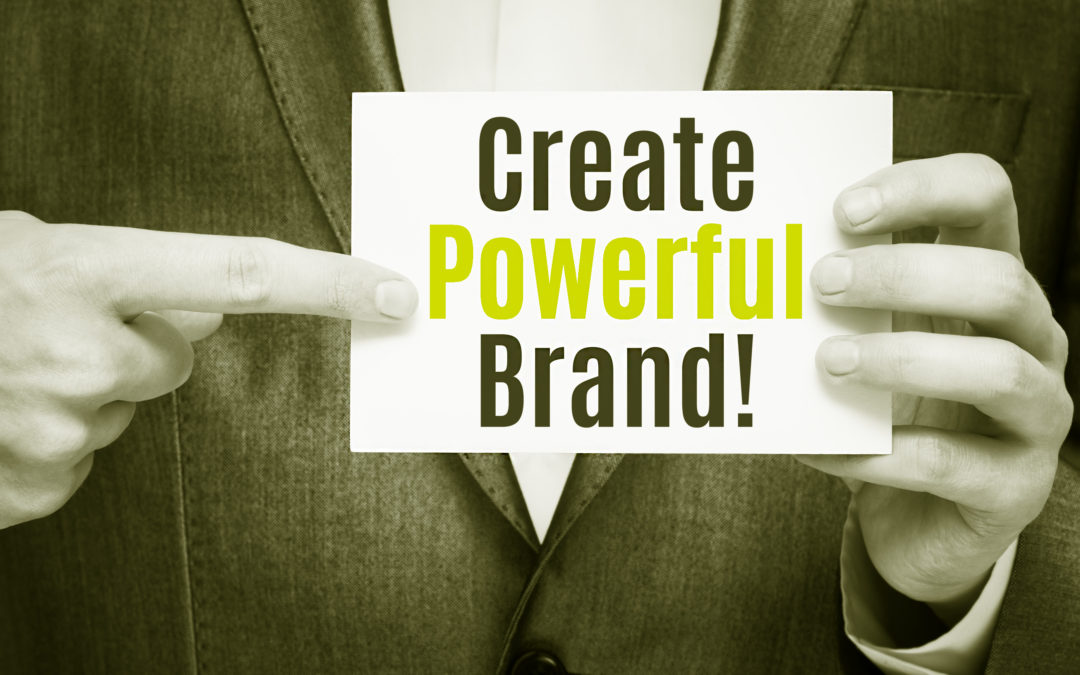We’ve come a long way since the days when branding literally meant applying hot metal to your cattle’s backside to identify you as the owner. Today ‘branding’ means a lot more. It’s become a word that is often used but little understood so let’s get one thing out of the way: ‘branding’ is more than just having a logo. Successful businesses of any size understand the key to their success is to focus on their customers needs (or more specifically their desires), delivering to them the products and services they are prepared to pay for – repeatedly. Having a brand, and all that entails, gives them opportunities to continuously impress their customers and prospects that they are the right supplier. Branding is key to the success of their business.
Accountants tell us “our” company isn’t the same as “us” – it’s a legally separate entity; and that’s a good way to start thinking about brand. Your company – whether you’re a small business owner or CEO of a multinational – has it’s own ‘personality’, it’s own way of doing things, it’s own way of delivering to customers. When you started your company you probably designed and built those attributes – things like fast response, good quality products, good value – but these are things that a thousand and one other companies can deliver too; but in the same way that no two people are exactly alike, you have an opportunity to differentiate your products or services from your competitors by investing them with ‘personality’ – your brand. To quote marketing guru Seth Godin: “In a crowded marketplace, fitting in is a failure. In a busy marketplace, not standing out is the same as being invisible”. He also describes a useful formula to describe how brands work. A brand is [prediction of what to expect] times [emotional power of that expectation]. The key phrase here is “emotional power” – successful brands excite emotions in us. A bottle of sweetened pop conveys joy (Coke – “it’s the real thing”), an item of food that you can buy anywhere in the world conveys happiness (McDonalds – “I’m lovin’ it) or an premium-priced lager puts our mind and wallet at rest (Stella Artois – “Reassuringly expensive”). The list is long and we each remember the straplines where we as individuals developed a degree of emotional affinity with the brand.
Brands and “brand values” – the personality of the brand – are conveyed through the entire range of media, including traditional broadcast and print such as TV and press advertising, but also via today’s more segmented digital media and social media, and yes, your logo! But what’s often overlooked is that your brand personality is also to be found in such mundane things as the style of writing on your website or in your brochure; how you answer the telephone; the design of your reception area/meeting room/shop/showroom; are your shoes polished?! – are all these things relevant and appropriate to the tastes of your customers? It’s pointless allocating a budget to build your brand if you haven’t trained your staff in the fundamentals of how to present your brand to the world – or Uckfield. It’s why a brand like BMW – strapline: “The ultimate driving machine” – with it’s process of delivering uncompromising cars to 140 countries throughout the world is so popular. Not necessarily because they’re superbly engineered cars but because we have a level of expectation and desire that is repeated in our minds every time we see one or one of their ads or drive past one of their showrooms, and over time we form an emotional relationship with. It doesn’t matter whether you have 36,899 restaurants like Mcdonalds, or one shop or office in Cornwall, the principle is the same: if you build a brand that has it’s own personality, is unique and engenders emotions that are relevant and appropriate to your target audience, then you are building a marketing tool which will generate income – potentially after you have long retired.
Five top tips
For help and advice on building your brand contact Gareth Looker at Looker Marketing Communications, on 01326 617871.

